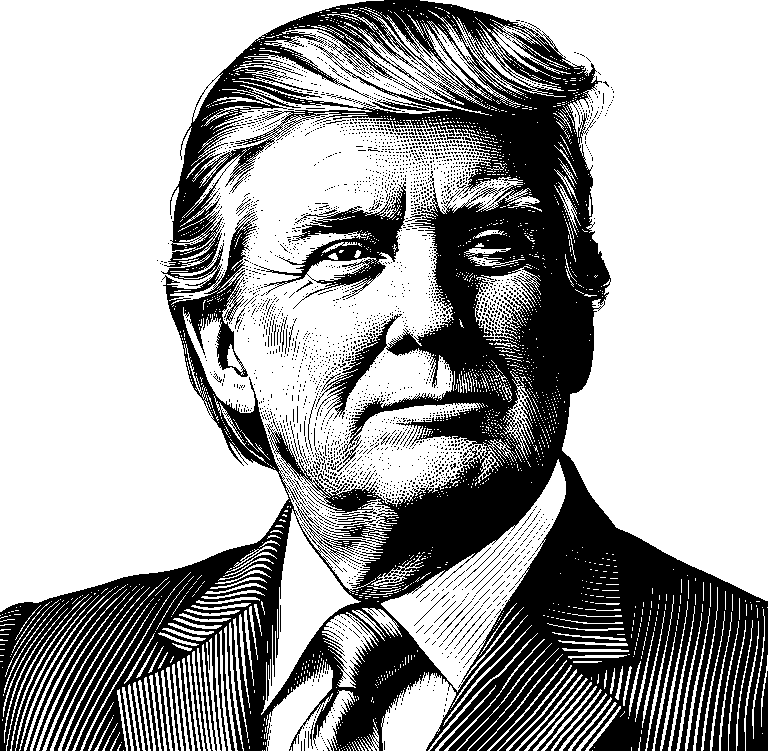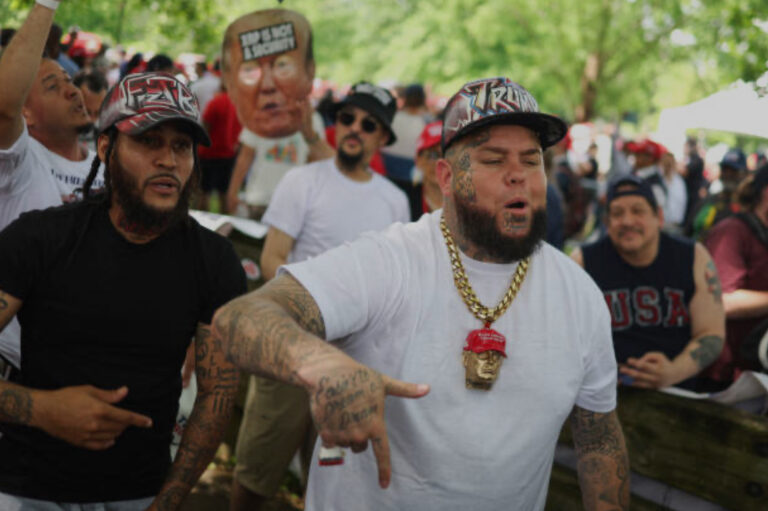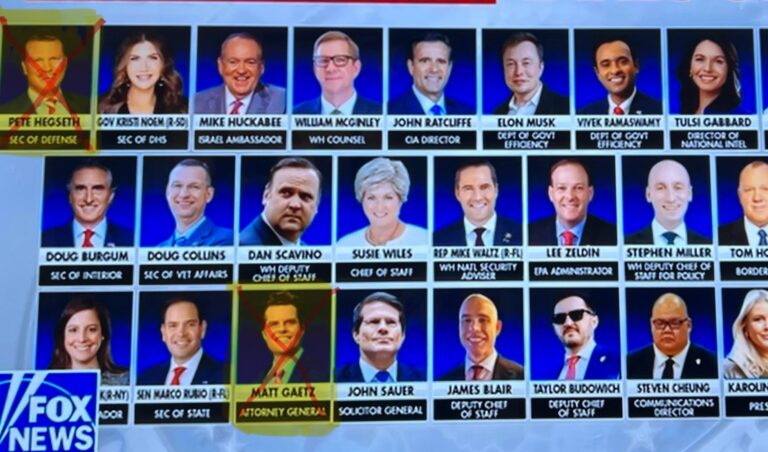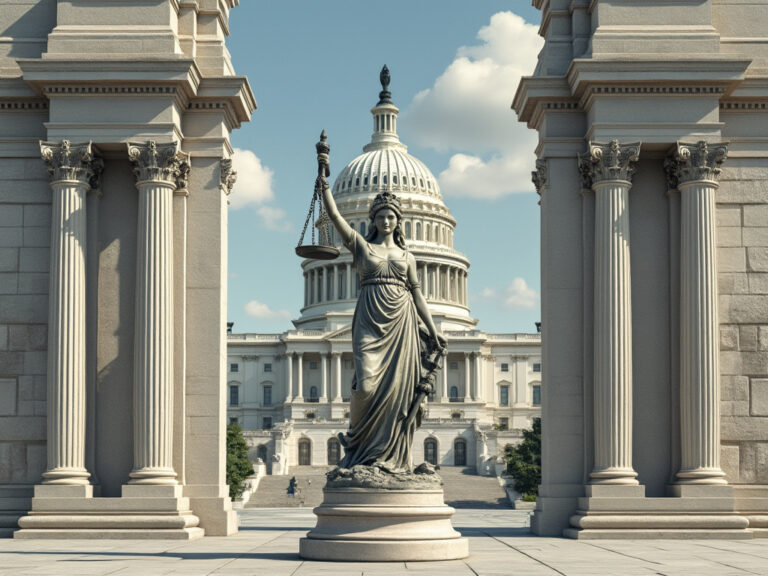The Impact of Misinformation and International Collusion on Presidential Campaigns: Implications for US Prosperity and Freedom

In recent years, the integrity of presidential campaigns in the United States has come under intense scrutiny due to the rise of misinformation and international collusion. These factors have profound implications not only for the electoral process but also for the broader landscape of American prosperity and freedom.
Misinformation in Presidential Campaigns
Misinformation, often spread through social media platforms and other digital channels, can significantly influence public opinion and voter behavior. During presidential campaigns, the strategic dissemination of false or misleading information can distort the perception of candidates and their policies. This manipulation can lead to misinformed voting decisions, undermining the democratic process.
The spread of misinformation can have several consequences:
- Erosion of Trust: When voters are exposed to conflicting or false information, trust in media and political institutions can erode. This skepticism can lead to decreased civic engagement and voter turnout, weakening the democratic process.
- Polarization: Misinformation often exploits existing social and political divisions, deepening polarization. This division can result in a fragmented electorate, making it difficult to achieve consensus on critical national issues.
- Agenda Manipulation: By controlling the narrative, misinformation campaigns can shift the focus away from important policy debates, allowing less critical issues to dominate the public discourse.
International Collusion and Its Consequences
International collusion refers to foreign entities attempting to influence the outcome of US presidential elections. This involvement can take various forms, including cyber-attacks, dissemination of propaganda, and financial contributions to campaigns.
The implications of international collusion are severe:
- Compromised Sovereignty: When foreign powers interfere in elections, the sovereignty of the United States is compromised. This intrusion challenges the country’s ability to govern independently and make decisions that reflect the will of its citizens.
- National Security Threats: Collusion can expose vulnerabilities in the electoral system, posing significant national security risks. Foreign influence efforts may aim to destabilize the country, furthering their geopolitical interests at the expense of US stability.
- Undermining Democracy: The perception or reality of foreign interference can undermine confidence in the democratic process, leading to questions about the legitimacy of elected officials and potentially inciting unrest.
Implications for US Prosperity and Freedom
The effects of misinformation and international collusion extend beyond the electoral process to impact the prosperity and freedom of the United States. A compromised election can lead to the implementation of policies that do not align with the public’s best interests, affecting economic growth and individual freedoms.
- Economic Implications: Policies influenced by misinformation or foreign interests may not address critical economic challenges, such as income inequality, healthcare, or climate change. This misalignment can hinder economic progress and innovation.
- Impact on Freedoms: The erosion of democratic norms and institutions can have a chilling effect on freedom of expression, press, and assembly. When misinformation and collusion distort the democratic process, citizens may feel disenfranchised and powerless to effect change.
- Global Standing: The credibility of the United States as a global leader in democracy and human rights could be weakened. A perceived lack of electoral integrity may diminish the country’s ability to advocate for democratic values on the international stage.
In conclusion, addressing the challenges posed by misinformation and international collusion is crucial for safeguarding the integrity of presidential campaigns and ensuring the prosperity and freedom of the United States. Efforts to enhance digital literacy, strengthen cybersecurity, and foster transparency in campaign financing are essential steps to protect the democratic process and maintain the nation’s standing as a beacon of democracy.







